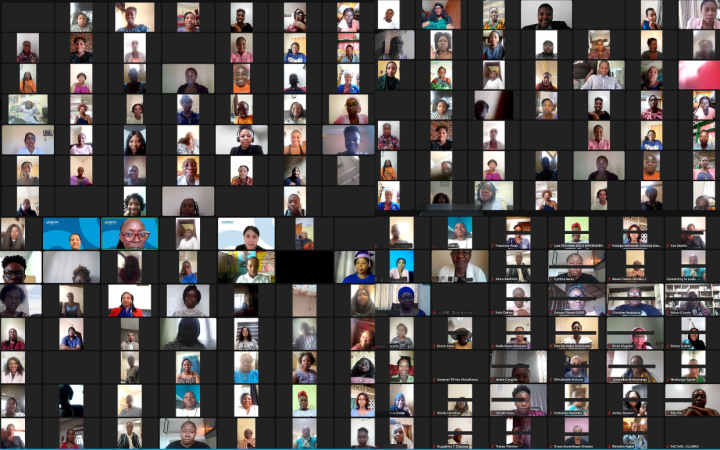Women’s Safety NSW has released a position paper that highlights the dangers of coercive control in a domestic abuse situation and calls on the government to prioritise criminalising the behaviour.
Coercive control is at the centre of domestic violence and is the use of coercive behaviours and tactics of fear and intimidation by a person to isolate, emotionally manipulate, monitor, and exploit their partner or family member over a period of time for the purpose of establishing and maintaining dominance and control over them. Victims of domestic and family violence characterised by coercive control live in a state of terror with undermined independence and self-worth and very little ability to escape and are at serious risk of domestic homicide.
“People tend to think of domestic and family violence as incident based, physical violence. But in truth, it is coercive control, a deliberate pattern of behaviours perpetrated towards a person over time for purpose of establishing and maintaining dominance and control over them that is the real disabling factor for victims and the biggest precursor of severe physical violence and homicide,” explains Women’s Safety NSW CEO, Hayley Foster.
Ms Foster says current incident-based laws fail to recognise the realities of domestic and family violence and leave far too many high-risk victims unprotected, a reality which is strongly reflected by domestic abuse survivors in the state-wide survey:
“Recognising behaviours that constitute DV if implemented correctly could ensure that patterns of behaviour are picked up early and addressed. This would mean that women do not need to be physically assaulted before police act. By this time the women would have been completely isolated, gaslighted to the point that she does not know she is being abused”. – Heidi[1], a victim-survivor of domestic and family violence.
“Incident based [law] protects very few people and can actually cause harm either by not recognising the extent or through misidentification [of the perpetrator].” – Alison[2], a victim-survivor of domestic and family violence.
The new Women’s Safety NSW paper, Criminalising Coercive Control: a position paper, draws on a 2020 survey of frontline workers and domestic abuse victim-survivors. The results of the survey found that 100 percent of victim-survivors experienced psychological abuse and that coercive control is frequently identified as the worst part of domestic violence. 96% of survivors surveyed agreed that the definition of domestic violence in the NSW Crimes Act 1901 (NSW) should be amended so that coercive control is criminalised.
Ms Foster says the NSW Government needs to get on with criminalising the conduct and that arguments against doing so, such that criminalising coercive control will lead to more systems abuse by abusers and misidentification by police and courts of the primary aggressor in domestic violence cases “don’t wash”.
“We already have a significant problem with victims of domestic and family violence being misidentified as abusers in our civil and criminal justice system, and this is largely because it is so focused on single incidents and we haven’t invested enough in training and specialisation of law enforcement and judicial officers,” says Ms Foster “Criminalising coercive control as a course of conduct with the essential elements of fear, control and a subjective standard that the conduct would likely cause the victim harm would actually go a huge way to reducing the risk of systems abuse for victims.”
Women’s Safety NSW is, however, calling for system reforms to accompany the legislative change, particularly the development of tools, resources and guidelines for police, prosecutors and judicial officers, as well as training and specialisation.
“The biggest risk, as we have seen in the UK and to a lesser extent in Scotland, is that we enact the laws and the actors in the system are not equipped with the resources and training to have the confidence to implement them as intended, and consequently that the laws are left underutilised leaving victims unprotected”, says Foster.
“We clearly need to invest in system reforms including substantial training and specialisation of frontline police officers, prosecutors and judicial officers if we want to get the most out of these reforms.”
Women’s Safety NSW regards the criminalisation of coercive control as essential if Australia is to achieve a substantial reduction in violence against women and domestic homicide and notes the urgency of the reform in the current COVID-19 context and economic recession.
“Victims of domestic and family violence need to be able to rely upon an effective civil and criminal justice system at this time, now more than ever”, says Ms Foster. “And this has to start with ensuring the law is reflective of current understanding of domestic and family violence and protects victims against its most dangerous elements.”
Criminalising Coercive Control: a position paper explores the critical need for law reform around coercive control and offers possible avenues for drafting and system design in light of the approaches taken internationally, particularly in England and Wales, and in Scotland, where coercive control was written into law as a criminal offence in 2015 and 2018 respectively.








